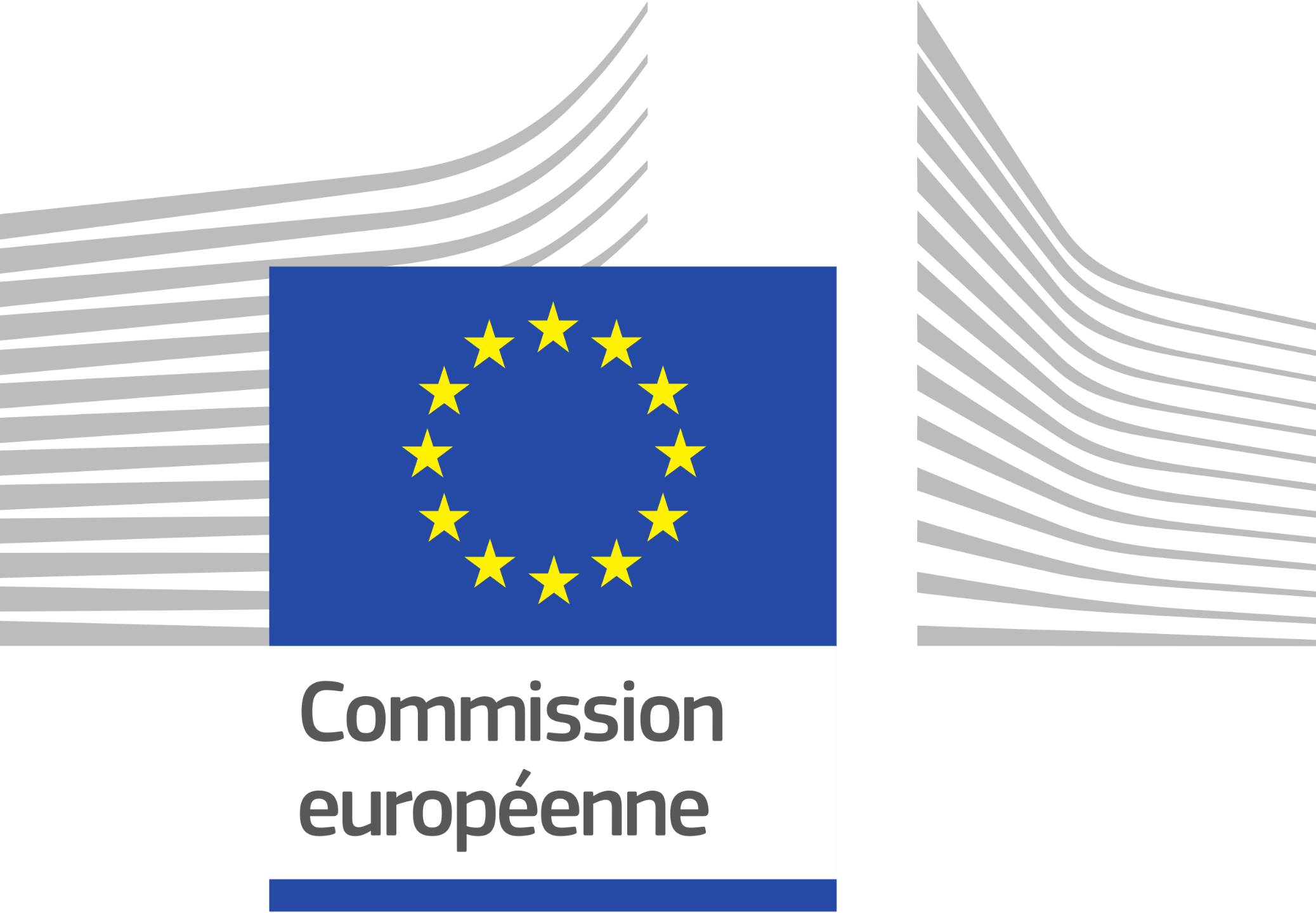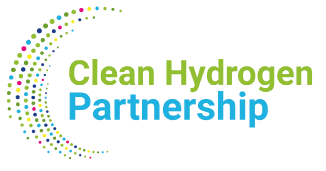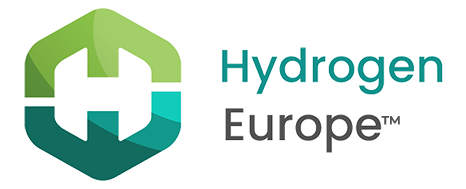PilgrHYm helps to accelerate the implementation of a safe, efficient, and flexible H2 grid by repurposing part of the existing EU gas networks and by providing a European roadmap with comprehensive guidelines for safely and efficiently integrating pure H2 into existing natural gas infrastructure.
PilgrHYm: Pre-normative research on integrity assessment protocols of gas pipes repurposed to hydrogen and mitigation guidelines
Ongoing research project
Project description
Transporting natural gas through pipelines has been shown to be safe and efficient for decades. However, decarbonizing the European industry and reducing carbon emissions will require a significant portion of the existing pipeline infrastructure to be used for transporting gaseous hydrogen under high pressure across the continent, from production sites to end users. The pipelines, originally designed for natural gas, are not considered H2-ready, and Transmission System Operators must demonstrate their compatibility with hydrogen. The existing standards, such as ASME B31.12, are often viewed as overly conservative and not conducive to the development of pure hydrogen networks.
PilgrHYm is an ambitious R&D project that seeks to develop a pre-normative framework to support the development of a European standard. The project aims to conduct a comprehensive testing program on small-scale laboratory specimens, focusing on eight base materials, two welds, and two heat-affected zones that are representative of the EU gas grids. These specimens will be selected after a thorough review by TSOs to address safety concerns, lack of regulations, codes, and standards, as well as research gaps related to the compatibility of current pipelines with hydrogen.
PilgrHYm’s ultimate goal is to provide quantified data on more than 70% of the EU grid and refine existing norms, codes, and standards by reducing over-conservatism and ensuring the safety and reliability of flaw assessment methodologies. The results of PilgrHYm will serve as the baseline for a harmonized European solution.
This project represents a significant step forward in the development of a comprehensive European standard for transporting hydrogen through pipelines and will be instrumental in the successful decarbonization of the European industry and reducing carbon emissions.
Fraunhofer IWM sub-project: Innovative modelling approaches of numerical developments
Fraunhofer IWM will investigate and provide approaches for reduction and extrapolation of Fatigue Crack Growth (FCG) and reduction in number of experimental tests for development of new FCG-master curves. The objectives of the work package are to support testing campaigns, to improve FCG-master curves, to achieve less conservative FCG-master curves and to support the creation of design criteria.
Transfer of the project results into R&D services of the Fraunhofer IWM
- Characterization of mechanical properties of pipeline steels in high pressure gaseous hydrogen
- Hydrogen pipeline lifetime and integrity assessment according to ASME B31.12 and DVGW G464
Funding information
This project has received co-funding from the European Commission and the Clean Hydrogen Partnership under Grant Agreement No 101137592. This Partnership receives support from the European Union’s Horizon Europe Research and Innovation program, Hydrogen Europe and Hydrogen Europe Research.



 Fraunhofer Institute for Mechanics of Materials IWM
Fraunhofer Institute for Mechanics of Materials IWM